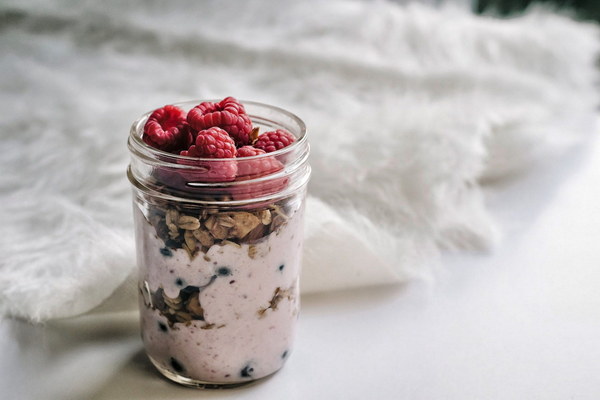Boost Your Winter Health Essential Nutritional Supplements for Cold Weather
As the temperatures drop and the cold weather sets in, our bodies require additional care and attention to stay healthy. The winter season often brings with it a higher risk of colds, flu, and other illnesses. To help you navigate through the chilly months, we've compiled a list of essential nutritional supplements that can boost your immune system, improve energy levels, and keep you feeling your best.
1. Vitamin D
Vitamin D, often referred to as the sunshine vitamin, is crucial for maintaining strong bones and a healthy immune system. During the winter, we spend less time outdoors, which can lead to vitamin D deficiencies. To combat this, consider taking a vitamin D supplement. Aim for a dosage of 1,000 to 2,000 IU daily, depending on your age, skin tone, and exposure to sunlight.
2. Vitamin C
Vitamin C is a powerful antioxidant that helps boost the immune system and reduce inflammation. It's also known for its ability to help the body absorb iron. During the winter, consuming vitamin C-rich foods, such as oranges, strawberries, and bell peppers, can help keep you healthy. However, a vitamin C supplement may be beneficial, especially during cold and flu season. Aim for a dosage of 500 to 1,000 mg daily.
3. Omega-3 Fatty Acids
Omega-3 fatty acids are essential for heart health, brain function, and reducing inflammation. During the winter, when our bodies are exposed to colder temperatures, omega-3s can help maintain healthy blood pressure levels and support the immune system. Foods rich in omega-3s include fatty fish, flaxseeds, and chia seeds. For a more convenient option, consider taking an omega-3 supplement, such as fish oil or algae oil, with a dosage of 500 to 1,000 mg daily.
4. Probiotics
Probiotics are beneficial bacteria that help maintain a healthy gut microbiome. A strong gut microbiome can improve digestion, boost the immune system, and reduce inflammation. During the winter, when our bodies are more prone to infections, consuming probiotics can help keep you healthy. Look for probiotic supplements with at least 10 billion CFUs (colony-forming units) and take them daily.
5. Vitamin B12
Vitamin B12 is essential for energy production, red blood cell formation, and maintaining a healthy nervous system. During the winter, when we may experience lower energy levels, a vitamin B12 supplement can help keep you feeling energized. Aim for a dosage of 100 to 200 mcg daily, and consider a sublingual (under-the-tongue) form for better absorption.

6. Iron
Iron is an essential mineral that helps transport oxygen throughout the body. During the winter, iron deficiency can lead to anemia, fatigue, and a weakened immune system. Foods rich in iron include red meat, poultry, fish, beans, and fortified cereals. To ensure you're getting enough iron, consider taking an iron supplement, such as ferrous sulfate or ferrous gluconate, with a dosage of 18 to 27 mg daily.
7. Zinc
Zinc is a crucial mineral that plays a vital role in immune function, wound healing, and DNA synthesis. During the winter, when our immune systems are under stress, zinc can help keep us healthy. Foods rich in zinc include nuts, seeds, legumes, and red meat. Aim for a dosage of 15 to 25 mg daily, and consider taking it with vitamin C for better absorption.
In conclusion, maintaining a healthy diet and incorporating essential nutritional supplements can help you navigate through the winter months. By focusing on vitamin D, vitamin C, omega-3 fatty acids, probiotics, vitamin B12, iron, and zinc, you can support your immune system, improve energy levels, and stay healthy during the cold season. Remember to consult with your healthcare provider before starting any new supplement regimen.









